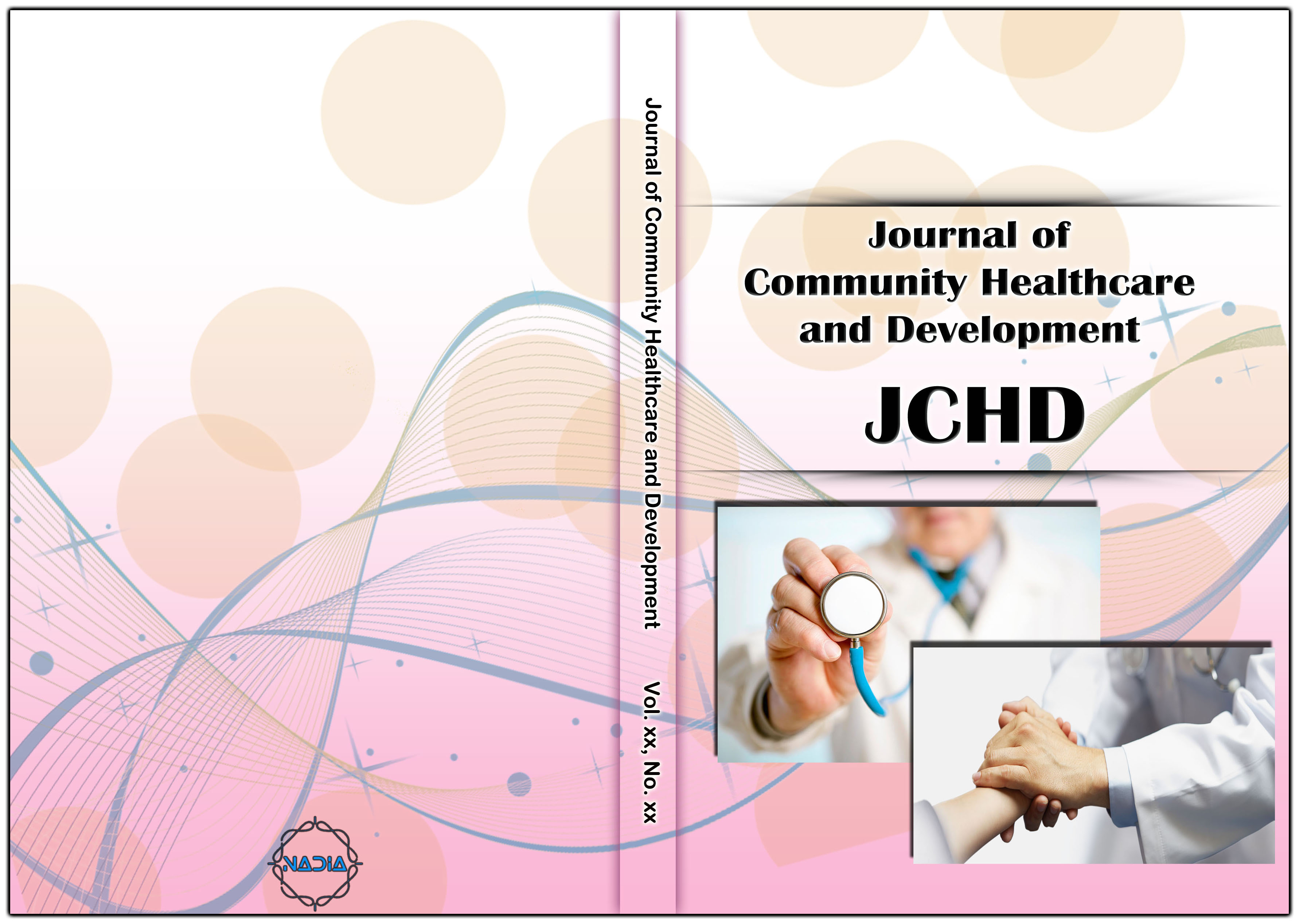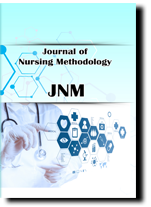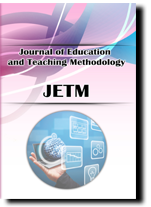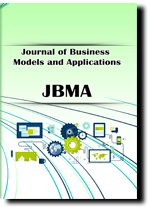APA:
Shadroo, S., & Hosseini, R. (2021). Data Mining Models Based on Voting Method Applied to Assessment of Mental Health in University Students. Journal of Community Healthcare and Development (JCHD), ISSN: 2652-6026, NADIA, 2(1), 31-44. doi: 10.33832/jchd.2021.2.1.04.
MLA:
Shadroo, Shabnam, et al. “Data Mining Models Based on Voting Method Applied to Assessment of Mental Health in University Students.” Journal of Community Healthcare and Development, ISSN: 2652-6025, NADIA, vol. 2, no. 1, 2021, pp. 31-44. JCHD, http://article.nadiapub.com/JCHD/vol2_no1/4.html.
IEEE:
[1] S. Shadroo, and R. Hosseini, "Data Mining Models Based on Voting Method Applied to Assessment of Mental Health in University Students." Journal of Community Healthcare and Development (JCHD), ISSN: 2652-6025, NADIA, vol. 2, no. 1, pp. 31-44, April 2021.




